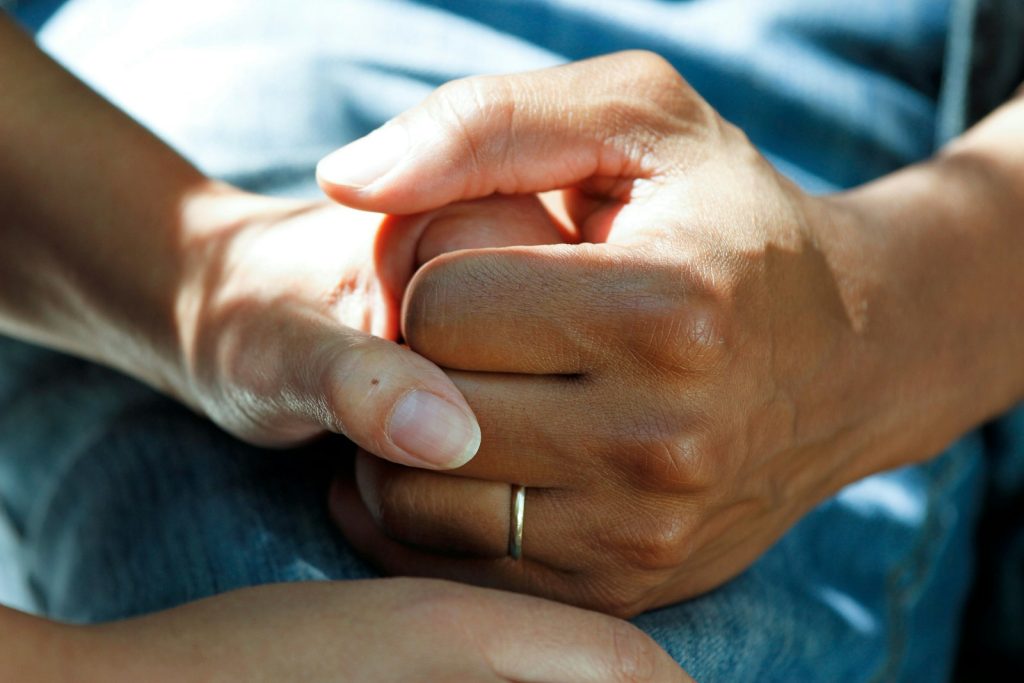Spotting Toxic Behaviors
Understanding toxic behaviors in relationships is key to keeping your mental and emotional health in check. Spotting these behaviors early can help you tackle issues before they blow up.
Red Flags in a Toxic Relationship
Toxic relationships often come with glaring red flags. Spotting these early can be your first step towards fixing toxic relationships.
- Constant Put-Downs: Non-stop criticism and belittling of your achievements or qualities.
- No Support: Feeling like your partner doesn’t back you up and turns your successes into competitions (Healthline).
- Guilt Trips: Using guilt to push you into doing things you're not comfortable with.
- Crazy Jealousy: Unwarranted jealousy that leads to controlling behavior and accusations.
- Blame Game: Always being blamed for everything, making you feel inadequate.
- Manipulation: Twisting situations to get what they want, creating an unfair power dynamic.
How Toxicity Messes with Your Mind
Toxic behavior can seriously mess with your mental health. The emotional toll from such relationships can lead to major mental health issues.
- Self-Esteem Crash: Constant put-downs and manipulation can tank your self-worth and confidence.
- Emotional Drain: Non-stop conflict and emotional games can leave you feeling wiped out (Healthline).
- Insecurity: Lack of support and constant criticism can make you feel insecure and doubtful.
- Burnout: The mental and emotional effort needed to deal with a toxic relationship can lead to exhaustion.
- Work Woes: The stress and emotional toll can spill over into your work life, hitting your performance and productivity (Prime Behavioral Health).
| Mental Health Impact | What It Means |
|---|---|
| Self-Esteem Crash | Drop in self-worth and confidence |
| Emotional Drain | Feeling wiped out and unhappy |
| Insecurity | Doubt and inadequacy |
| Burnout | Physical and mental fatigue |
| Work Woes | Hits performance and productivity |
Spotting these signs and understanding their impact is the first step to taking action. Whether it's through setting healthy boundaries or seeking professional help, addressing these issues can lead to healthier relationships and better mental well-being. For more on dealing with toxic relationships, check out our article on relationship decisions.

Tackling Toxicity in Relationships
Drawing the Line
Setting boundaries is like putting up a fence around your personal space—it's about keeping the good stuff in and the bad stuff out. These boundaries can be about anything: your body, your mind, your emotions, your stuff, and even your time. They make sure you feel safe, respected, and comfy. Think about it: you wouldn't want someone barging into your room without knocking, right? The same goes for your feelings and time.
| Type of Boundary | Example |
|---|---|
| Physical | Respecting personal space |
| Psychological | Keeping your mental health in check |
| Sexual | Consent is key |
| Emotional | Taking care of your feelings |
| Material/Financial | Managing your stuff and money |
| Time-Related | Juggling your schedule |
When boundaries are out of whack—either too strict or too loose—you end up with problems like manipulation, fear of rejection, or just not knowing how to say "no." This can lead to toxic relationships where you feel trapped or disrespected.
For more tips on keeping your relationships healthy, check out our guide on fixing toxic relationships.
Talking It Out
Good communication is like the glue that holds boundaries together. You need to know what you want, say it clearly, and stick to it without being a jerk. It's about being firm but fair. Here’s how:
| Strategy | Description |
|---|---|
| Self-Awareness | Knowing what you need and where your limits are |
| Clear Communication | Saying what you mean without beating around the bush |
| Assertiveness | Standing your ground respectfully |
| Respect | Acknowledging others' boundaries too |
| Open Dialogue | Being flexible as relationships change |
When dealing with toxic folks, keep your cool. Don’t go overboard explaining yourself, don’t blame, and don’t get defensive. Just say what needs to be said and leave it at that.
For more tips on making your relationships better, check out our article on improving relationships.

Need Some Help and Support?
Resources for Relationship Help
Dealing with toxic behavior in relationships is tough, but you don't have to go it alone. Here are some places that can lend a hand:
-
Loveisrespect.org: Available 24/7, this site offers help for those facing dating abuse. They provide safety planning, legal advice, quizzes to check relationship behaviors, and even resources for abusers. You can chat online, text, or call them anytime. Check out more info on the One Love Foundation.
-
University Counseling Services: Many colleges offer free, confidential counseling for students. You can get one-on-one or group sessions, giving you a support system with peers who get what you're going through. Find out more at the One Love Foundation.
-
Domestic Violence (DV) Programs and Shelters: There are about 1,700 local DV programs and shelters across the country. They offer safety plans, housing help, economic support, and support groups for those in unhealthy or abusive relationships. Learn more on the One Love Foundation.
-
RedRover: This group helps abuse victims find temporary shelter for their pets and offers financial help. This is a lifesaver for those worried about their pets' safety when leaving a bad relationship. Get more info at the One Love Foundation.
For more tips on improving relationships, check out our other articles.
Healing from Narcissistic Abuse
Survivors of narcissistic abuse need a safe space to heal. Here are some ways to find support:
-
Support Groups: Joining a support group can be a game-changer. These groups offer a place where survivors can be heard, validated, and supported by others who’ve been through similar experiences. Support groups can complement therapy and help in the healing process. More info on Verywell Mind.
-
Mental Health Professionals and Domestic Violence Centers: Seeking help from mental health pros and domestic violence centers can be crucial in finding a narcissistic abuse support group. These resources can provide referrals, info, and a safe space for survivors. Family support groups like Al-Anon can also be helpful. For more details, visit Verywell Mind.
For more on healing broken relationships and fixing toxic relationships, explore our related articles.
| Resource | Services Offered |
|---|---|
| Loveisrespect.org | 24/7 help, safety planning, legal advice |
| University Counseling Services | Free, confidential counseling, support groups |
| Domestic Violence Programs and Shelters | Safety plans, housing help, support groups |
| RedRover | Temporary shelter for pets, financial help |
For more insights on relationship decisions and falling back in love, check out our other articles.
























Post Comment
You must be logged in to post a comment.